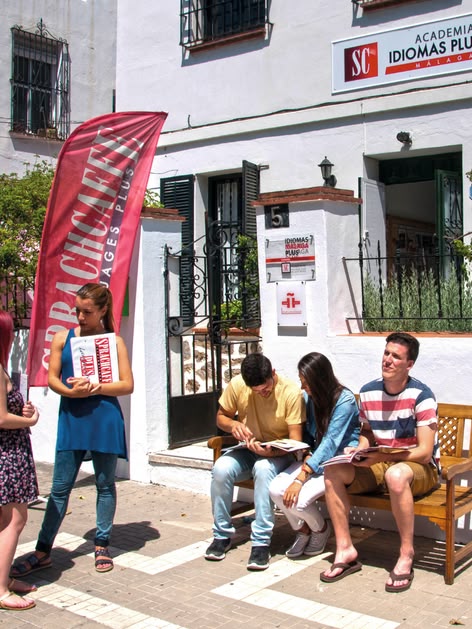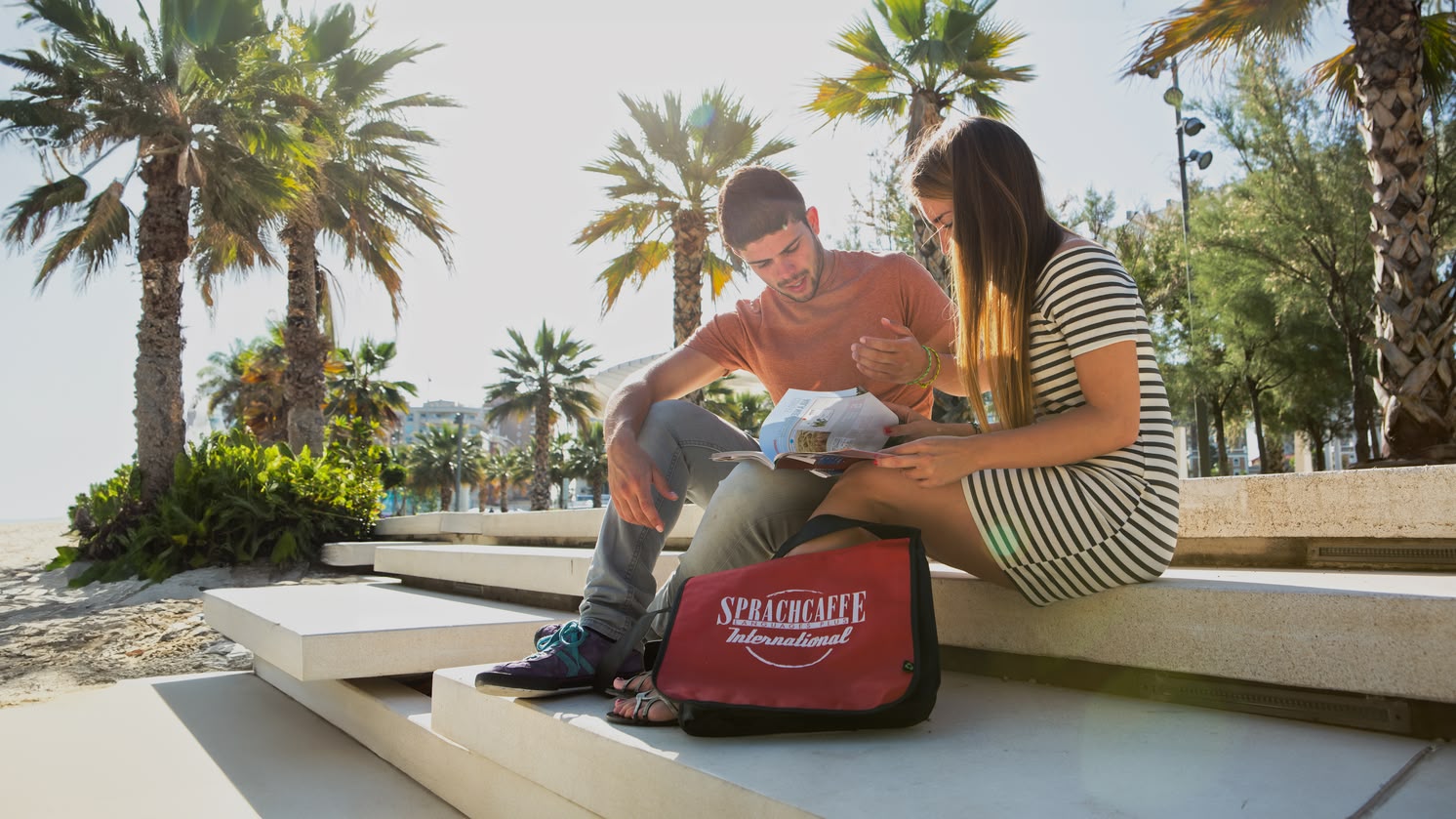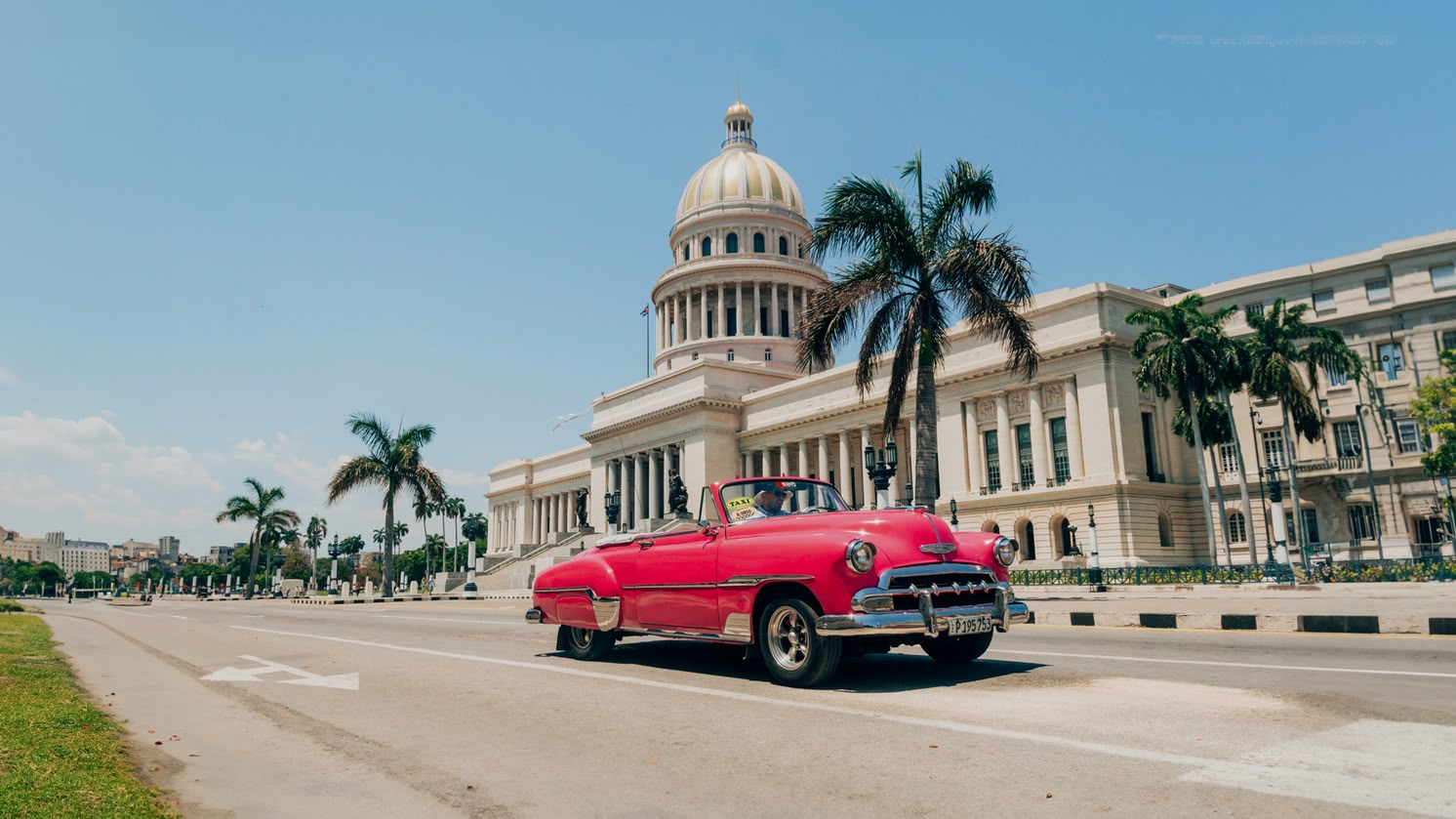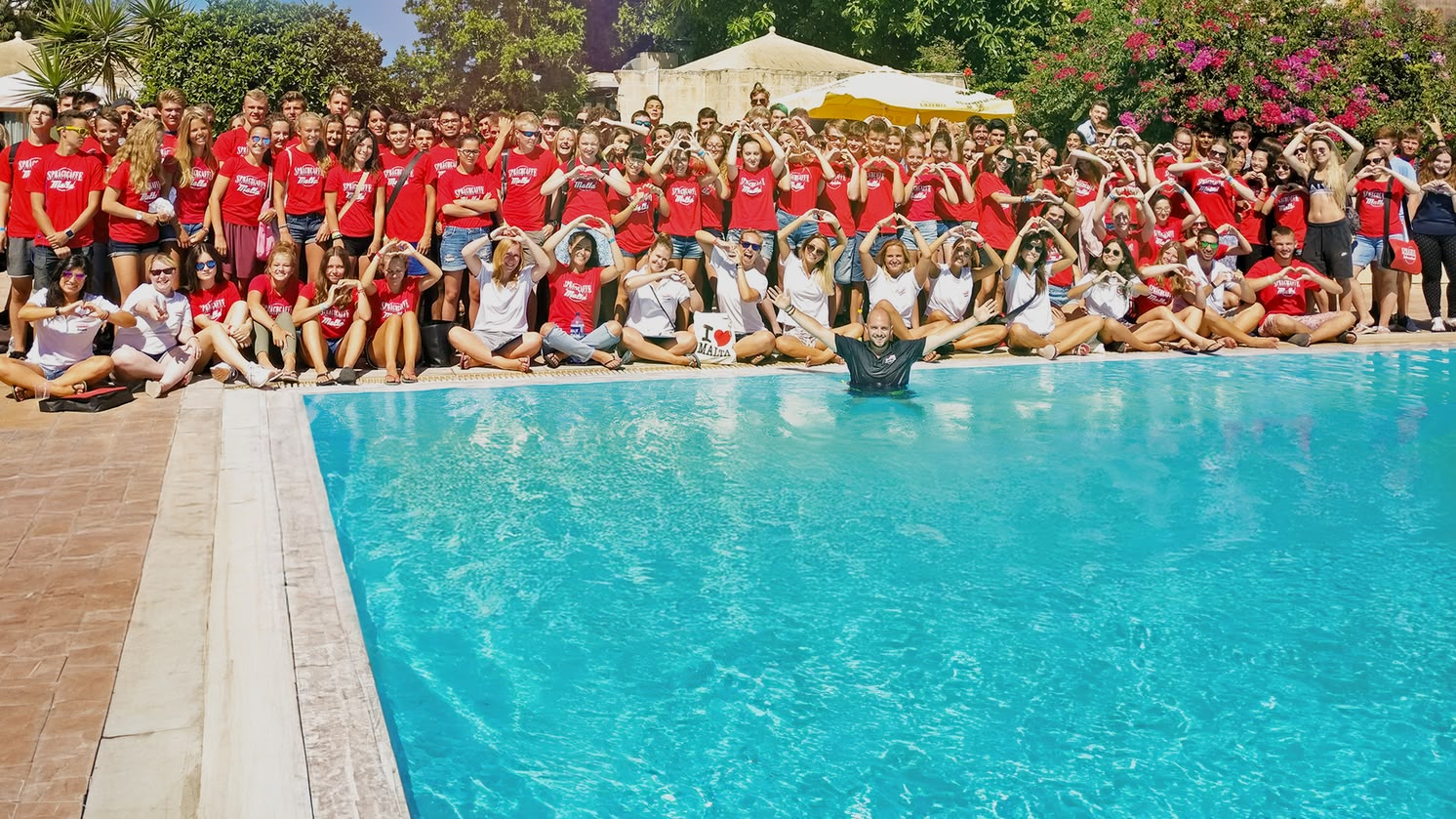Future Perfect Subjunctive: Formation, Use and Examples
The future perfect subjunctive is used to express hypothetical actions that would have occurred in the future before another hypothetical event in the future. It is formed using the future subjunctive of the auxiliary verb "haber" followed by the past participle of the main verb.
This verb form is used to express temporal relationships in conditional or speculative future situations.
The future perfect subjunctive at a glance
The future perfect subjunctive is a verb tense used to express actions or situations that are expected to occur in the future with respect to another future time. It is a conjugation that combines the subjunctive, which reflects uncertainty, desire, possibility or opinion in contrast to the indicative which is used to express concrete and objective facts, and the future perfect, which refers to an action that will have been completed in the future.
Formation of the future perfect subjunctive
To form the future perfect subjunctive, we take the third person plural of the future perfect indicative (haber + past participle) and add the specific subjunctive endings.
The conjugation of the main verb in the future perfect is obtained in different ways depending on the ending of the verb:
- Verbos en -ar: Se reemplaza la terminación -ar con -ado.
- Verbos en -er: Se reemplaza la terminación -er con -ido.
- Verbos en -ir: Se reemplaza la terminación -ir con -ido.
Conjugation of the future perfect subjunctive
| Personal pronoun | Verb "haber" | Verbs ending in -ar such as hablar | Verbs ending in -er such as comer | Verbs ending in -ir such as vivir |
|---|---|---|---|---|
| Yo | hubiere | hablado | comido | vivido |
| Tú | hubieres | hablado | comido | vivido |
| Él / Ella / Usted | hubiere | hablado | comido | vivido |
| Nosotros / Nosotras | hubiéremos | hablado | comido | vivido |
| Vosotros / Vosotras | hubiereis | hablado | comido | vivido |
| Ellos / Ellas / Ustedes | hubieren | hablado | comido | vivido |
Explore the world and improve your Spanish at the same time! Learn with Sprachcaffe in an international group and live the adventure of a lifetime in Malaga, Madrid, Barcelona or Havana!
Uses and examples of the future perfect subjunctive
You can use the future perfect subjunctive in the following contexts.
1.Expresión de acciones futuras anteriores a otras acciones futuras.Examples:
Cuando lleguemos al aeropuerto, el vuelo ya hubiere despegado.
Después de que ellos hayan terminado su presentación, nosotros ya hubiéremos preparado el escenario.
2. Talking about expectations or assumptions about future actions.Examples:
Espero que para esa fecha ya hubieras conseguido el documento.
Me alegra que para la próxima semana ya hubiere resuelto este problema.
3. Expressing wishes or hopes about the future.Examples:
Ojalá para ese momento ya hubieras encontrado la paz que buscas.
Espero que para el próximo año ya hubiéramos alcanzado nuestras metas.
4. Expressing hypothetical future conditions.Examples:
Si llegas antes de que hubiere comenzado la película, podrás encontrar buenos asientos.
Si para el evento ya hubiere confirmado tu asistencia, estarás en la lista de invitados.
5. Indicating actions that are expected to be complete at a future time.Examples:
Para la próxima semana, ya hubiéremos finalizado el proyecto.
Cuando regreses de tu viaje, habrás vivido muchas experiencias nuevas.
6. In sentences expressing recommendations or advice.Examples:
Te sugiero que antes de la reunión ya hubieres investigado sobre el tema.
Es importante que, antes de tomar decisiones precipitadas, hubieres considerado todas las opciones disponibles.
7. Expressing conditional actions in the future.Examples:
Si para la hora de la cena ya hubieres preparado la comida, podremos disfrutar juntos.
Si antes del concierto ya hubiere afinado mi guitarra, estaré listo para tocar.
8. In expressions of hypothesis and speculation.Examples:
Si las condiciones climáticas hubieren mejorado, habremos logrado realizar la excursión.
Si el equipo hubiere ganado el torneo, habríamos demostrado nuestra dedicación.
Discover all options to learn Spanish abroad









